Since launching our grantmaking activities in 2014, we have awarded over $26.4 million in support of our research priorities: access, affordability, and the value of legal education.
Awarded Grants
Grant Program
Grant Status

The NALP Foundation for Law Career Research and Education
The project proposes AccessLex fund 10 law schools' participation in The NALP Foundation and NALP’s U.S. Law School Alumni Employment and Satisfaction Study, for a three-year period: 6 HBCU law schools and 4 other new law schools with significant populations of under-represented groups. The additional data from these schools’ alumni will enhance the study’s inclusivity, providing important new insights for the profession, and the new participating schools with actionable data and benchmarking.

State Bar of California
The State Bar seeks to understand the impact of exam modality, open book, and testing time on the test-taking population, focusing on whether any of these exam features have an adverse or positive impact on subpopulations. Specifically tested will be: 1) the amount of time allocated for the performance test; 2) possible variances of an open-book option; and 3) to assess combinations of exam material and test-taking in online vs hard copy formats.
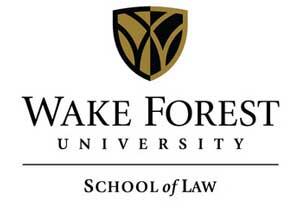
Wake Forest University School of Law
This project will identify students’ knowledge gaps about the law school admissions process, negative views of Predominantly White Institutions (PWIs), and financial barriers that lead to fewer application submissions, and fewer offers of acceptance.

University of New Hampshire Franklin Pierce School of Law
The Preliminary Bar (Prelim) Tool-Kit at the University of New Hampshire (UNH) Franklin Pierce School of Law administers a miniature version of the Uniform Bar Exam (UBE) to students while they are still in school. Student results on the Prelim can then be used to inform students' personal trajectories of study and make cohort-level programming decisions to promote bar readiness, as opposed to the conventional approach where students turn to bar exam prep in earnest only after they graduate-- at which point, it is too late for the law school to be the strongest possible resource for these students.
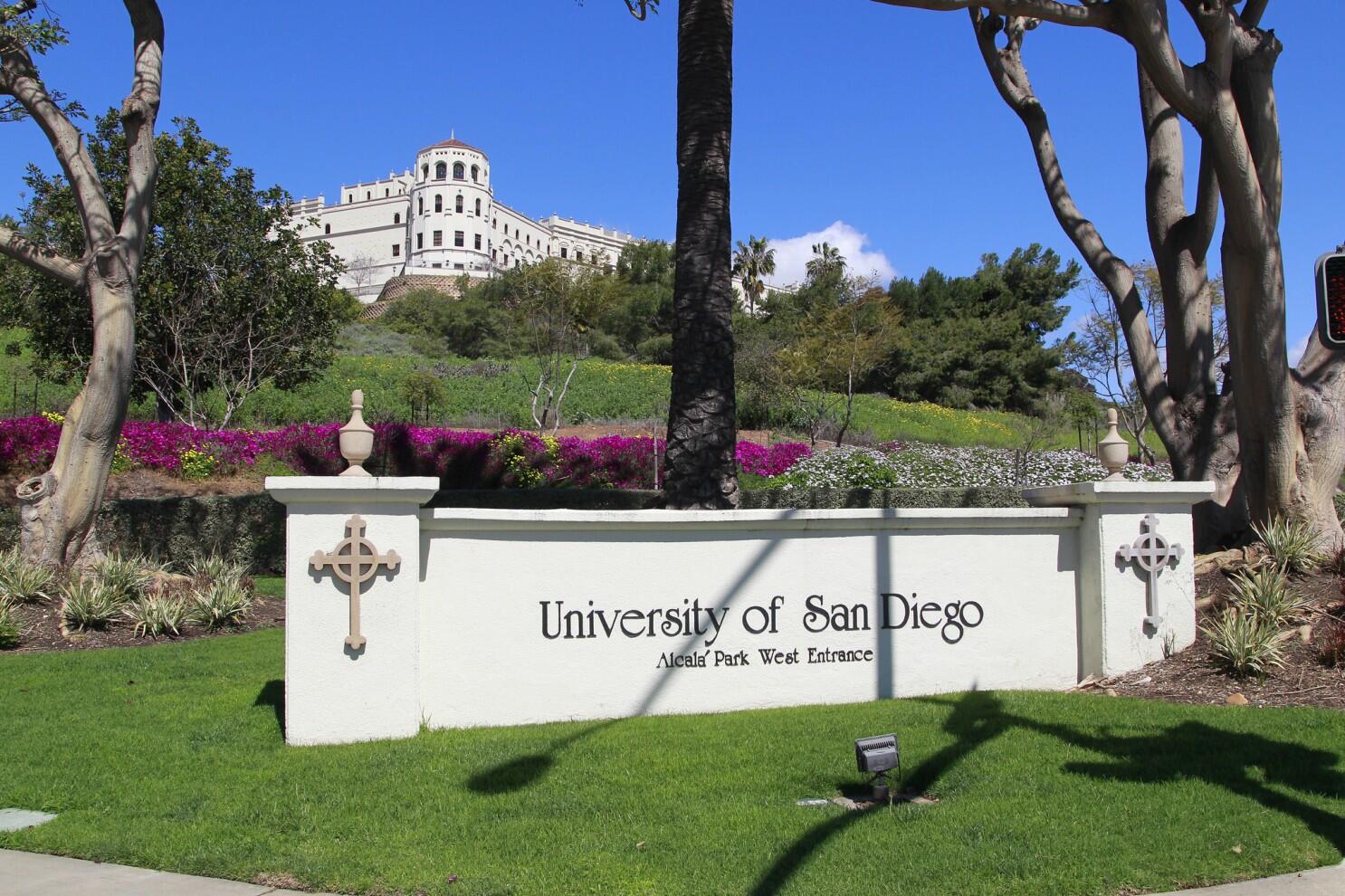
University of San Diego
The primary goal of this project is to increase access to the practice of law in California by bridging the gap between admission to law school and passing the bar exam. Phase I of the project will identify potential interventions through a combination of statistical analysis and by gaining input from stakeholders. Phase II will involve the implementation of at least two interventions identified in Phase I.
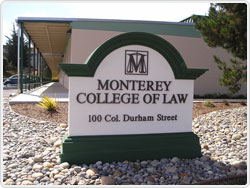
Monterey College of Law
This study will be the first of its kind to compile and analyze empirical data from regulatory agencies (state and national bar associations), industry trade groups (malpractice insurers), and other published academic and professional research. The primary objective is to inform national and state policy decisions through an empirical analysis of the relationship between a minimum bar exam passing score (“cut score”) and minimum competency, public protection, and disparate impact. This is a companion study to the AccessLex Institute supported California Attorney Practice Analysis (CAPA).
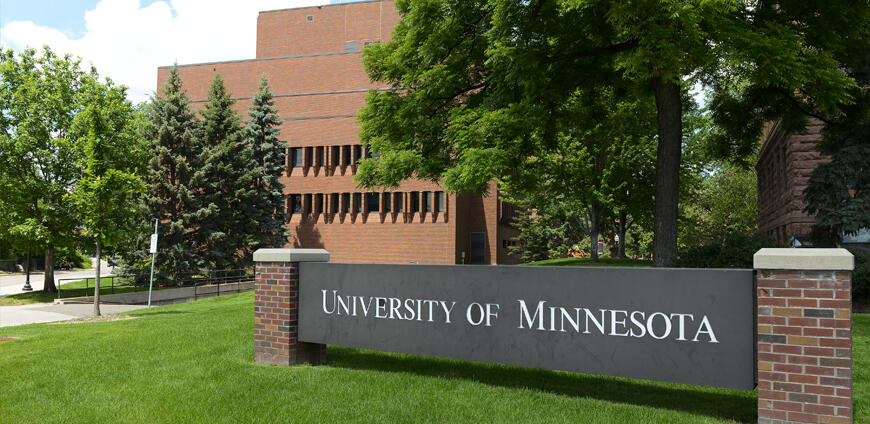
University of Minnesota
Research grant awarded to Krista Soria, Director of Student Affairs Assessment at the University of Minnesota, to better understand the roles of financial factors (e.g., funding sources, debt, financial stress, and food and housing insecurity) in graduate, professional, and law students’ mental health, time to degree completion, and career interests.
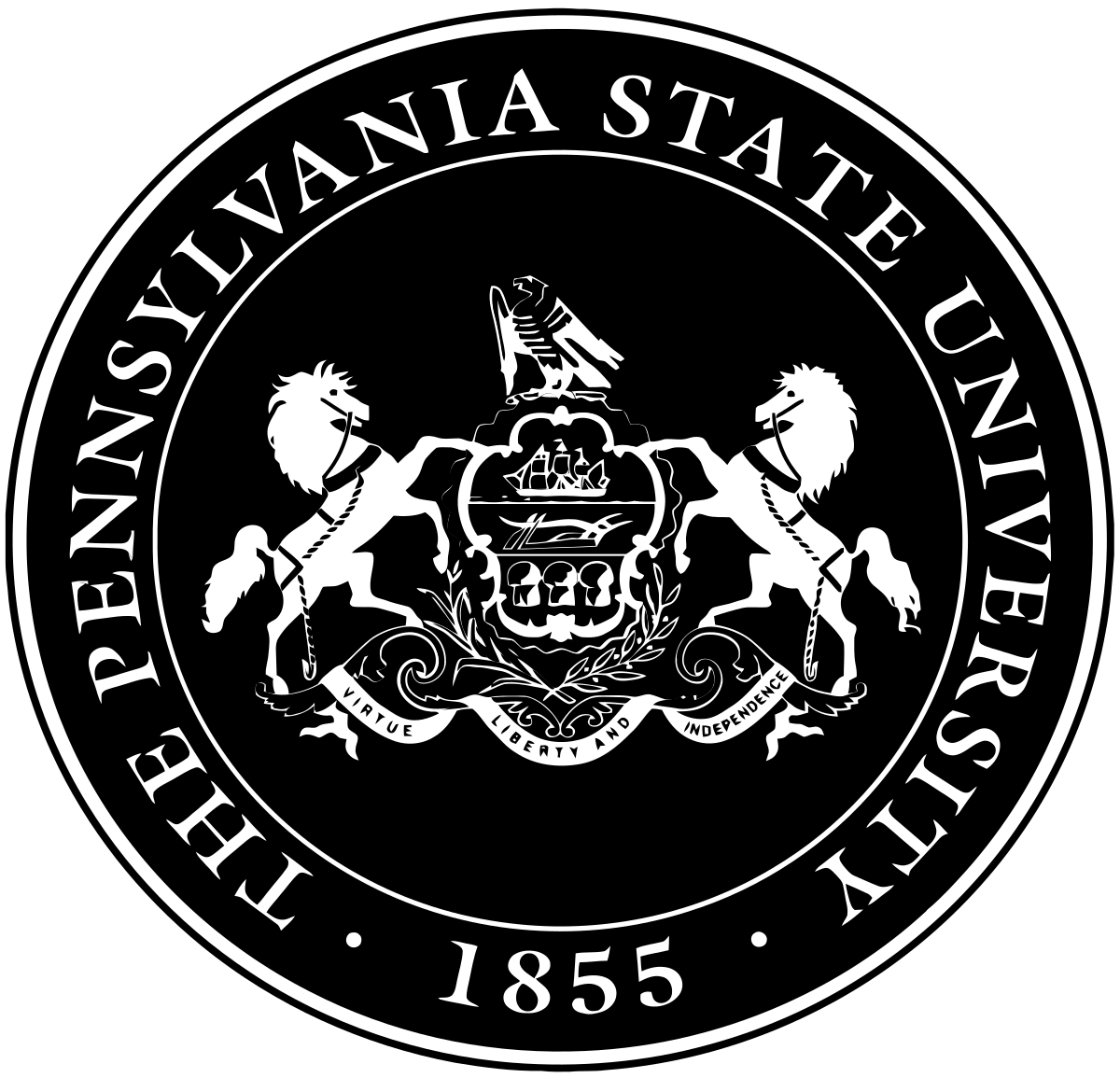
Pennsylvania State University
Research grant awarded to Kelly Rosinger, Assistant Professor at Pennsylvania State University’s College of Education, to examine how LSAT-optional admissions policies impact diversity (e.g., the share and number of Black, Latinx, and Native American students enrolled) and selectivity (e.g., the number of applicants, acceptance rate, and the LSAT scores of enrollees) at adopting U.S. law schools.
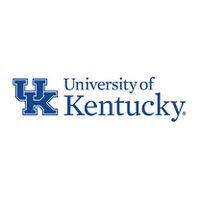
University of Kentucky
Research grant awarded to Willis Jones, Associate Professor at University of Kentucky’s College of Education, to study variation in cost of living estimates among U.S. law schools.



